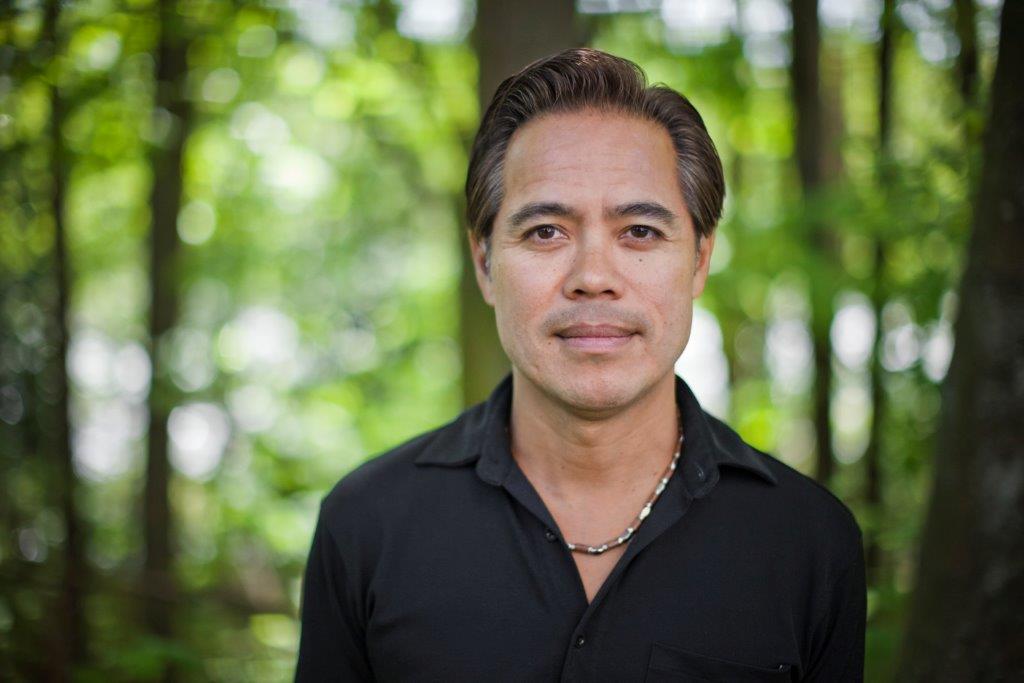This year, FNHA is joining the Canadian Centre on Substance Abuse in
observing National Addictions Awareness Week (NAAW). NAAW highlights issues and
solutions to help address alcohol and other subtance-related harm. It provides an
opportunity for us to learn more about substance abuse prevention, talk about
treatment and recovery and bring forward solutions for change.
In recognizing NAAW we would like to share an article on behalf of FNHA's Chief Medical Officer Dr. Evan Adams on Trauma-Informed Approaches for Substance-Use Treatment.

Trauma-informed practice (TIP) is a holistic approach that substance-use
treatment providers have developed and are using with many First Nations
clients. TIP begins from a place of understanding that First Nations people are
overrepresented among those who have experienced psychological trauma, and this
is considered in all aspects of policy, planning and service delivery.
Attempts
are made to ensure clients feel safe, have a feeling of control over their own
treatment and are included in their care and treatment choices. A
trauma-informed practice approach not only benefits people who have lived
through trauma, but is also an excellent approach for all clients—as we never
know who has experienced trauma. Cultural safety, the work of addressing
historical and ongoing power imbalances in clinical encounters through
self-reflection, policy and practice change, aligns with a trauma-informed
practice approach.
Psychological trauma is defined as “damage to the psyche that occurs as a
result of severely distressing experiences that overwhelm a person’s ability to
cope.” Many First Nations peoples have experienced trauma as a result of
colonization, residential schools, racism and loss of lands and resources due to
the reserve system and discriminatory legislation. Understandably, the grief and
anger associated with these traumatic experiences is often passed down from
grandparents to parents and on to children.
The grief or depression of close
loved ones deeply affects other family members in myriad ways, even when it is
not directly passed down in an obvious way. Using and misusing substances such
as alcohol and other drugs are ways some individuals attempt to cope with these
painful, overwhelming feelings. TIP does not judge people for using substances
to cope with trauma; rather, a trauma-informed approach meets people where they
are at, takes a harm-reduction approach, encourages help-seeking to address
trauma and supports the development of healthy coping skills to manage or reduce
use.
In a TIP, substance-use professionals approach each individual encounter with
the awareness that clients may have experienced trauma, that trauma may underlie
how individuals interact with health care providers, and that this trauma may
affect their behaviours around substance use and abuse. Using a TIP approach,
providers may realize that behaviours they previously categorized as
“non-compliant,” “aggressive” or “disruptive” were in fact responses that
individuals developed to cope with trauma. This understanding changes how
providers support clients on their wellness journeys towards healing and
recovery, as it makes it easier to build trusting relationships and foster
confidence.
TIP doesn’t treat trauma directly but addresses the need for healing from
trauma and aims to heal the mind, body, spirit and emotions. This holistic
perspective means that it can be a valuable tool when working with First Nations
clients who are challenged with substance-use issues. TIP can help individuals
understand that their responses to their experiences of trauma are not personal
failures, but responses to systemic factors such as colonization that are
overwhelming their ability to cope with trauma-related stress in healthy ways.
Substance-use treatment providers do this by helping clients see the connections
between their experiences of trauma and their choices of coping responses.
The FNHA recognizes that it needs to support First Nations communities in BC
to treat mental illness and substance-use challenges in a trauma-informed,
holistic way. One FNHA initiative that applies TIP is the Safe Relationships,
Safe Children program, which is being delivered in partnership with the Ministry
of Health and the First Nations Health Directors Association. The child welfare
system has a legacy of colonization and is a long-standing source of trauma for
both children and families. The program involves training and practice support
for front-line providers working with families experiencing mental illness,
substance use and/or intimate partner violence.
By understanding the role of trauma in the lives of First Nations peoples,
substance-use treatment providers can help clients feel empowered to make
healthy choices to deal with stress in their lives. TIP can’t change the past,
but it can support First Nations people to build a healthier future for the
generations to come.
Be healthy and well,
Dr. Evan Adams
Chief Medical Officer, FNHA

